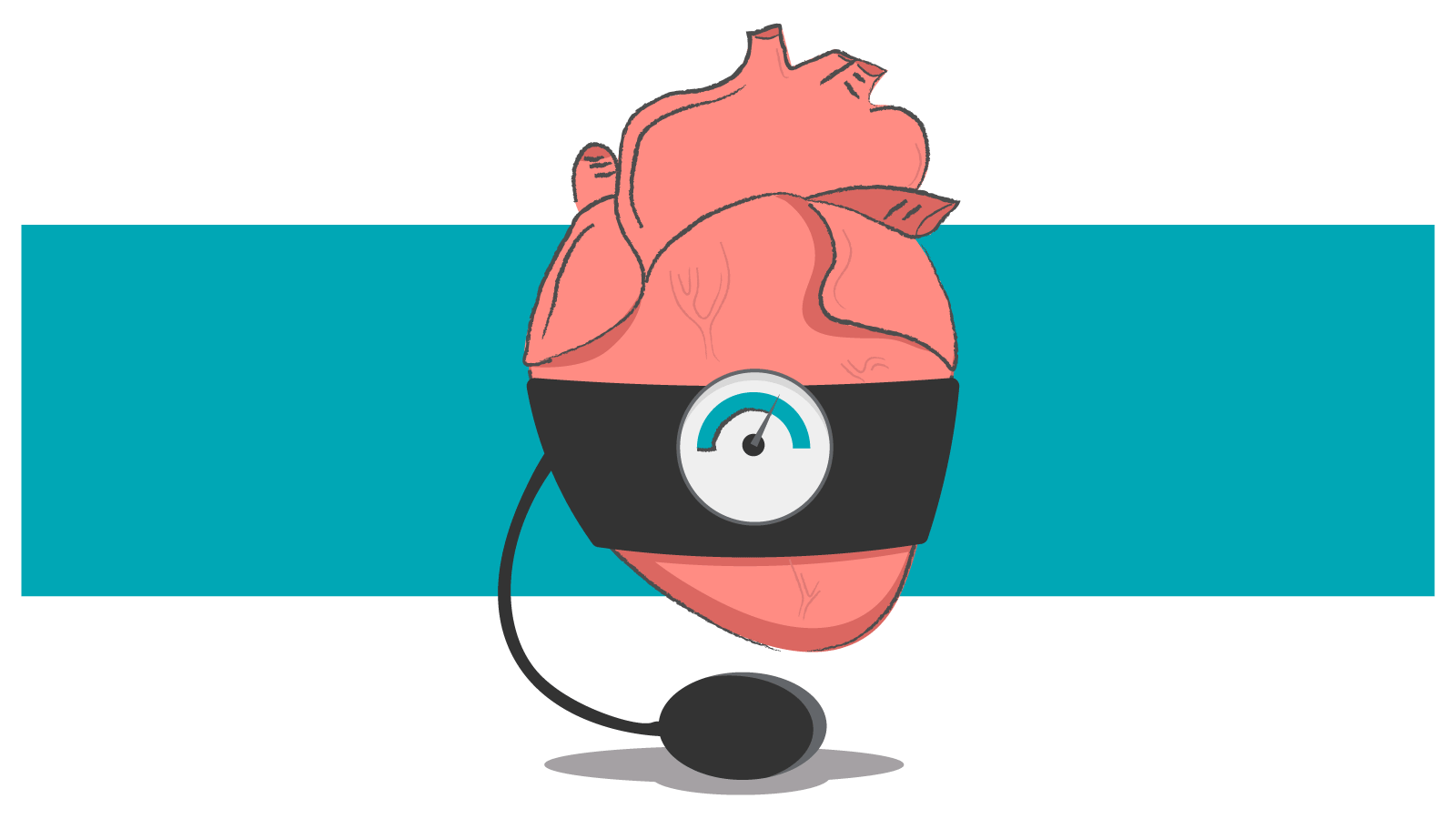Kidney Disease: Avoiding the “Silent Killer”
On paper, your kidneys look like a pair of chummy red beans. (Yes, mammalian kidneys are the namesake of the heart-healthy kidney bean.) No offense...

1 in 7 Americans have chronic kidney disease. Most don’t know they have it.
March is National Kidney Month. Sponsored by organizations such as The National Heart, Lung, and Blood Institute and The National Kidney Foundation, National Kidney Month is a campaign that takes place every March. The goal of National Kidney Month is to bring awareness to kidney disease as well as the importance of maintaining your kidneys healthy.
Chronic kidney disease, also known as chronic renal disease or CKD, includes conditions that damage your kidneys and decrease their ability to keep you healthy by filtering wastes from your blood. If kidney disease worsens, wastes can build to high levels in your blood and make you feel sick. You may develop complications like:
Those with CKD often develop co-morbidities, including major risk factors like diabetes and high blood pressure. In fact, almost half of individuals with CKD also have diabetes and/or self-reported cases of cardiovascular disease, earning CKD the reputation of being a "disease multiplier."
Diabetes and high blood pressure are the two most common causes of kidney disease. Nearly 1 in 3 people with diabetes and 1 in 5 people with high blood pressure have kidney disease. Unfortunately, most people in the early stages of kidney disease are unaware they have it. In fact, CDC estimates that as many as 90% of adults with chronic kidney disease don't know they have it.
If left untreated, CKD can escalate to a more severe stage of kidney disease, called end-stage renal disease (ESRD) - kidney failure that is treated with a kidney transplant or dialysis.
Risk factors for CKD include:
Managing blood sugar and blood pressure can help keep kidneys healthy. Keeping a healthy body weight through a balanced diet and physical activity may help manage blood pressure and blood sugar levels in people with diabetes or in people at risk of developing type 2 diabetes
You can help prevent CKD by:
How can your Care Coordination team help?
If you have diabetes, high blood pressure, or CKD, you need to talk to your doctor about how to protect your kidneys. If you would like assistance finding a provider or have additional questions, please call your Customer Experience Advocates team and they will help you through the process!

On paper, your kidneys look like a pair of chummy red beans. (Yes, mammalian kidneys are the namesake of the heart-healthy kidney bean.) No offense...

Having high blood pressure doesn’t have to keep you from living a healthy, full life. In fact, keeping high blood pressure, also known as...

According to the American Diabetes Association®, over 37 million Americans have diabetes and another 96 million have prediabetes, causing more deaths...